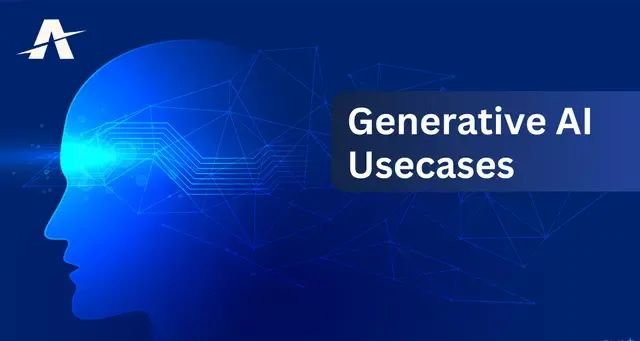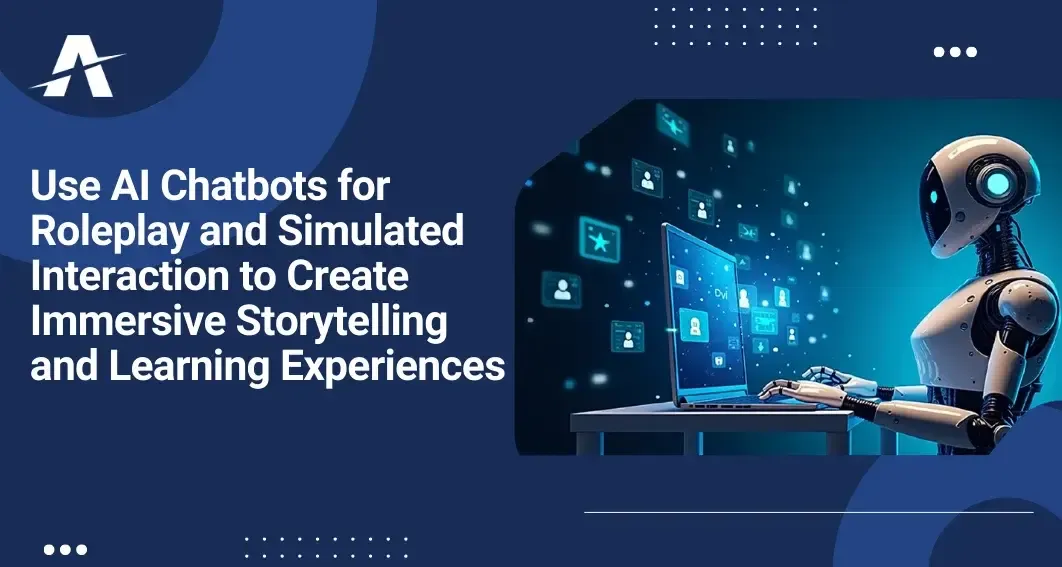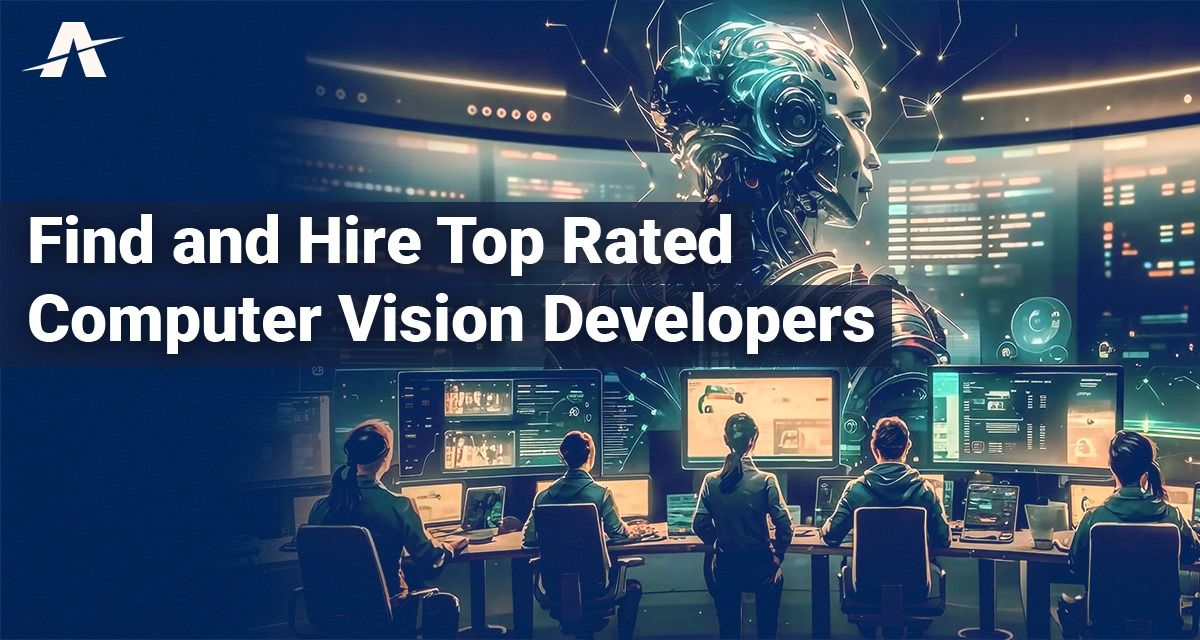
Artificial Intelligence (AI) is reshaping how businesses, educators, and storytellers interact with audiences. Among the most exciting innovations is the use of AI chatbots for roleplay and simulated interaction. These intelligent bots can mimic human-like conversations, take on fictional roles, and create immersive storytelling or learning experiences. From training employees to engaging students in creative scenarios, AI-powered roleplay opens new opportunities to make digital experiences more interactive, memorable, and effective.
In this blog, we'll explore how AI chatbots enhance roleplay, why they're important for storytelling and learning, and how different industries can benefit from this powerful technology.
What Are AI Chatbots for Roleplay and Simulation?
AI chatbots for roleplay are interactive systems designed to act like characters, mentors, or guides in specific scenarios. Unlike traditional chatbots that focus only on answering questions or providing customer support, roleplay chatbots simulate real-life personalities or fictional characters.
For example:
A chatbot could roleplay as a historical figure to help students learn history.
In a corporate setting, it could act as a customer in a sales training exercise.
In entertainment, it can become part of an interactive story or game, where users influence how the narrative unfolds.
These simulations use natural language processing (NLP) to understand input and generate responses that feel natural, engaging, and contextually accurate.
Why Use AI Chatbots for Immersive Storytelling?
Storytelling is one of the oldest methods of communication, and AI adds a modern, dynamic twist to it. Here's why AI roleplay bots are changing the game:
Personalized Storylines – AI chatbots can adjust stories based on user choices, creating unique experiences every time.
Interactive Engagement – Instead of passive reading or listening, users can participate in the narrative.
Scalable Entertainment – Authors, filmmakers, and game developers can build unlimited scenarios without needing live actors.
Creative Exploration – Users can experiment with "what-if" situations, making stories more exciting and interactive.
AI Roleplay Chatbots in Education and Learning
AI roleplay chatbots are transforming modern learning methods. Here's how:
Language Learning: Students can practice conversations with AI characters in different accents and cultural contexts.
History Lessons: Learners can talk to AI characters acting as historical figures like Abraham Lincoln or Cleopatra.
STEM Training: AI chatbots can simulate lab partners, mentors, or even real-world problem-solving scenarios.
Soft Skills Training: Roleplay bots can act as clients, interviewers, or colleagues to help learners improve communication and critical thinking skills.
AI Roleplay in Business Training
In business, AI roleplay chatbots are being adopted for employee training and development. Some examples include:
Customer Service Training: Employees practice handling customer complaints with AI bots that simulate different moods and personalities.
Sales Coaching: Sales professionals can roleplay with bots acting as potential customers with objections.
Leadership Development: Managers practice conflict resolution with AI-driven employees in simulated workplace scenarios.
AI Roleplay Chatbots in Entertainment and Gaming
The entertainment industry is already embracing AI for interactive storytelling. AI-driven roleplay chatbots make games and stories more immersive, dynamic, and personalized.
Interactive Novels and Games: Players can influence storylines by conversing with AI-driven characters.
Virtual Worlds: Chatbots can act as companions or guides in gaming environments.
Roleplay Communities: Online roleplay forums and platforms are using AI bots to create richer character interactions.
Benefits of Using AI Chatbots for Roleplay and Simulation
Immersive Engagement – Users feel more connected to the experience.
Personalization – Tailored interactions based on learning style, preferences, or role.
Cost-Effective – No need for live actors, trainers, or constant manual input.
Scalable Learning – One AI bot can train or engage thousands of users simultaneously.
Safe Practice – Mistakes in roleplay simulations don't have real-world consequences.
Challenges of AI Roleplay Chatbots
Like any technology, roleplay chatbots also come with challenges:
Context Understanding: AI may struggle with deep or highly nuanced conversations.
Ethical Use: Ensuring bots don't reinforce harmful stereotypes or misinformation.
Emotional Realism: Bots still lack true empathy, which may limit authenticity in sensitive scenarios.
Data Privacy: User interaction data must be handled carefully to protect privacy.
Future of AI Chatbots in Roleplay and Storytelling
The future looks promising. With advancements in Generative AI, VR, and AR technologies, roleplay chatbots will become even more realistic and immersive. Imagine combining AI-driven conversations with virtual environments—students could walk through ancient civilizations while interacting with AI characters or employees could step into simulated offices to practice conflict resolution.
AI chatbots are not just tools; they are becoming creative partners in education, storytelling, and training.
FAQs
1. What are AI roleplay chatbots used for?
AI roleplay chatbots are used for storytelling, education, training, gaming, and simulated interactions where users engage with AI characters in realistic scenarios.
2. How do AI chatbots improve learning?
They provide interactive, hands-on experiences that enhance understanding and retention by allowing learners to practice conversations, scenarios, or problem-solving in real-time.
3. Can AI chatbots replace teachers or trainers?
No, they support teachers and trainers by creating additional practice opportunities. Human guidance is still essential for emotional support, deep explanations, and critical thinking development.
4. Are AI roleplay chatbots safe to use?
Yes, when developed responsibly with data privacy, ethical safeguards, and bias control in mind.
5. What industries benefit most from AI roleplay chatbots?
Education, corporate training, healthcare, customer service, and entertainment industries are seeing the most impact.
6. Do AI roleplay chatbots work in multiple languages?
Yes, many advanced systems support multilingual interactions, making them valuable for global audiences.
7. What is the future of AI in roleplay?
The future will include more realistic simulations, integration with VR/AR, and highly personalized learning or storytelling experiences.












